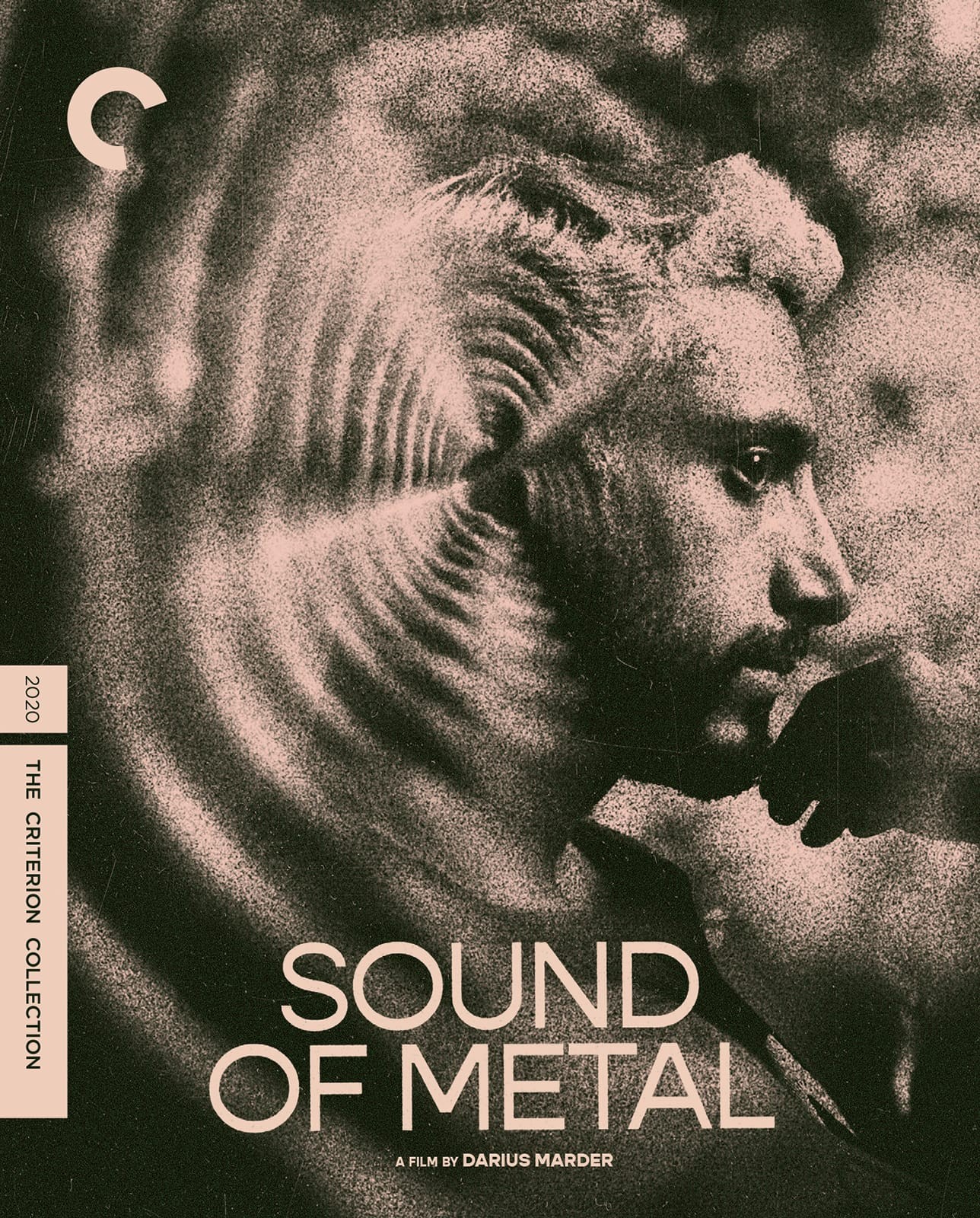“Sound of Metal” proves that good can come from dark times. PHOTO CREDIT: Criterion.com
Despite only directing one documentary in 2008 and having never directed a feature before, Darius Marder put on both his writing and directing hat for the 2019 film “Sound of Metal,” the story of a heavy metal drummer who has to come to terms with his new life as he rapidly begins to lose his hearing.
The film boasts one of the most engaging and captivating first acts I have seen in a while. It transitions to the slower, more meditative and thoughtful second and third acts with a flow and grace that is both smooth and effective.
While I do not believe that a movie is good just because it is nominated for an Oscar, nor do I believe a movie is good just because it wins, all of the Oscars that “Sound of Metal” was nominated for were justified. The film was nominated for Best Actor, Best Supporting Actor, and Best Picture and won two Oscars, Best Sound Editing and Best Achievement in Film Editing.
This movie is an achievement, not just in terms of camerawork or shot composition but in generating frustration, empathy and emotions in the audience by showing them a world they could never be able to relate to and letting them understand it just a bit better. However, the technical elements of the film are also superb.
What already sounds like an empathetic enough story on paper is brought to life splendidly by the intimate camerawork and the performances from the cast. Riz Ahmed (“Nightcrawler,” “Jason Bourne,” “Rogue One: A Star Wars Story”) delivers a truly powerful performance as Ruben that runs the gamut of emotions, from tightly restrained to violently animated, occasionally at the same time.
The actors who surround him do not falter either. Olivia Cooke (“Thoroughbreds,” “Vanity Fair,” “House of the Dragon”) as Lou, Ruben’s band partner and life partner, brings to life a confused, desperate, loving but rigid partner as she tries to figure out how to help Ruben with his new problem. Paul Raci (“Goliath,” “Baskets,” “Butcher’s Crossing”) also gives a hopeful and supportive performance as Joe, the man who runs the deaf community that Ruben ends up attending to learn how to be deaf, as the movie puts it.
The main thing I took away from “Sound of Metal” was that no matter what you may go through and no matter how difficult or apocalyptic things may seem, there will always be someone who can understand and is willing to help.
The deaf community that the film portrays is not simply made up of sign language and scribbling hectic notes on a piece of paper in order to communicate. It is a community that does not see a loss of hearing as a hindrance. If anything, it is just another opportunity to make connections with others. Since everyone in the community lives in the same house, it is easy to connect with anyone.
There is no pity, no slumped shoulders and heads hung low. There are instead nightly dinners where everyone gets together and chats about what has happened to them that day, just as joyful as dinner might be for anyone else. Because having a community makes a person’s struggles fade just a little. “Sound of Metal” shows that, as long as a community exists to help you through what you may have lost, something much better will be found.
As Joe states during one of the film’s most powerful scenes, “The world does keep moving, and it can be a damn cruel place. But for me, those moments of stillness, that place, that’s the kingdom of God. And that place will never abandon you.”




